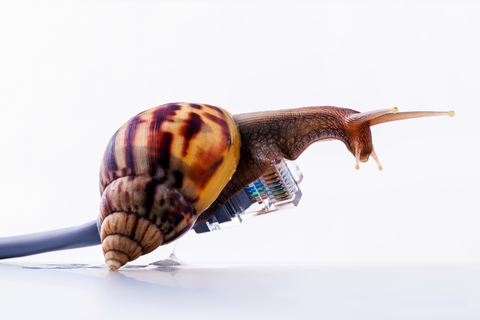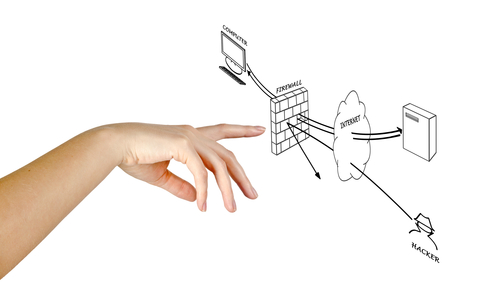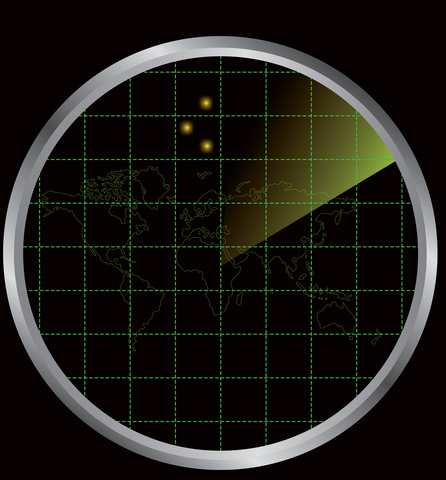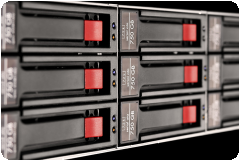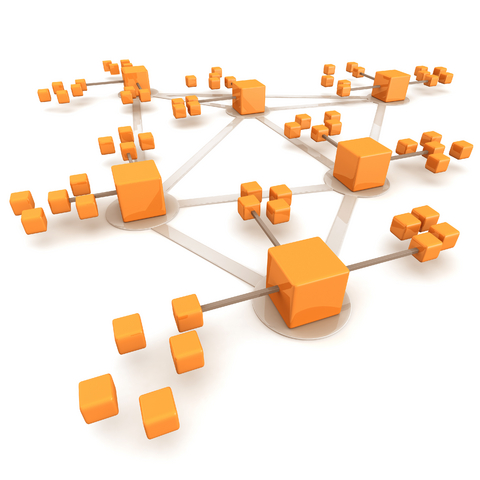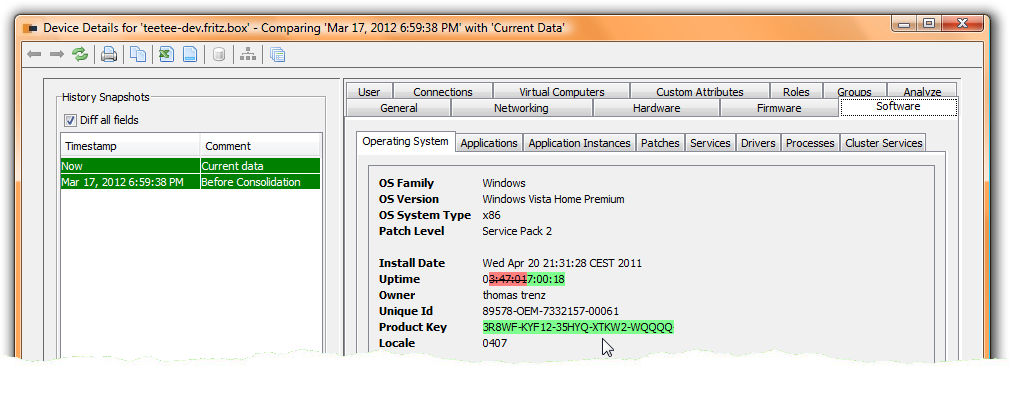Directory Logon Scanning: How to discover Computers that are only sporadically connected to the Network?

Dear JDisc friends,we have now completed a new feature that we have announced for quite some time, but that has now be completed in the new major release JDisc Discovery 5.0. The new feature is called Directory Logon Scanning. So what is the new feature all about. One of the major challenges for agent-less discovery[...]
Read More

